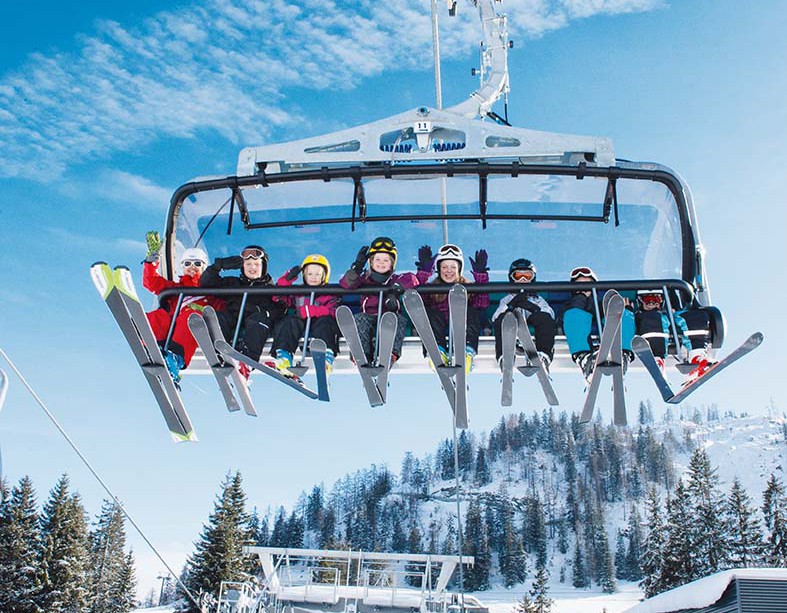
The Park City Planning Commission has blocked two previously-approved lift upgrades at Park City Mountain Resort, UT. The upgrades, for next season, were designed to reduce lift line wait times at popular spots at the resort.
- Related: Better Mountain Experience? Park City Mountain Resort, UT, Receives Approval For Two Lift Upgrades
Last night the Park City Planning Commission voted to grant an appeal of the two lift projects. In a Tweet this morning the resort called the decision ‘shocking’.
Tonight: Two previously-approved lift upgrades for next season designed to reduce lift line wait times at popular spots at our resort have been shockingly blocked by the Park City Planning Commission. 1/3
— Park City Mountain (@PCski) June 16, 2022
Park City Mountain Resort (PCMR) received approval for the lift upgrades in May 2022. Under a 1998 mountain upgrade development agreement, Vail Resorts planned to replace The Silverlode lift with a new 8-person, high-speed detachable chair, the first of its kind for Vail Resorts in North America. In addition, a new single Eagle lift would replace the Eagle/Eaglet lifts. This new lift would also include an unload-only mid-station and follow a route similar to its predecessor. The new lifts would address a critical spot on the mountain by increasing uphill capacity by 20% and reducing waiting times.
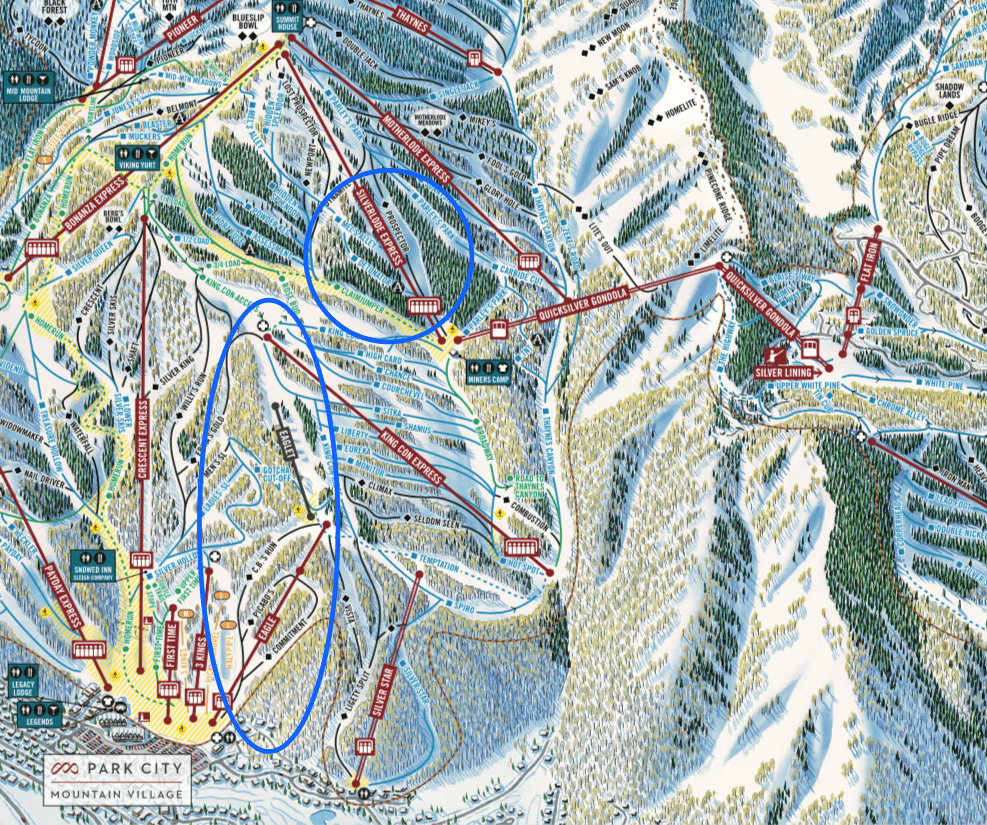
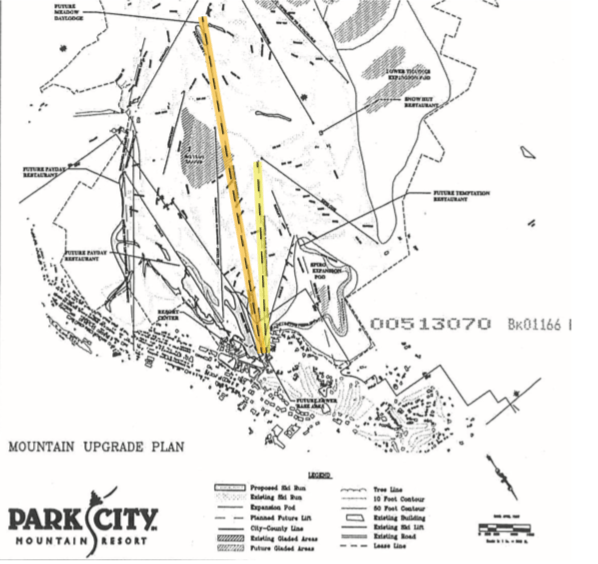
According to LiftBlog “the appeal focused on a decades-old agreement between Park City Mountain Resort and Powdr Co. with a cap on Comfortable Carrying Capacity. Normally chairlift replacement projects do not even make it to the Planning Commission and are approved by city staff. The appeal by four citizens triggered elected officials’ involvement.”
In a statement last night, PCMR Vice President and COO Deirdra Walsh said:
“Those opposed to these important enhancements to the guest experience have created a false narrative that the replacement of aged infrastructure with modernized lifts will draw crowds. Chairlift tourism does not exist – skiers and riders just want to spend more time on Park City Mountain’s vast terrain and less time in line. Investment in infrastructure is a critical part of the guest experience at Park City Mountain – and we are deeply disappointed that the City is now blocking that investment at the last minute.”
Chairlift tourism, or the idea that modernizing lifts will draw more crowds, does not exist. Skiers and riders just want to spend more time on our vast terrain and less time in line. 2/3
— Park City Mountain (@PCski) June 16, 2022
This decision means we cannot make important infrastructure improvements for next season – but we remain committed to finding ways to enhance our guest experience. 3/3
— Park City Mountain (@PCski) June 16, 2022
Full statement below:
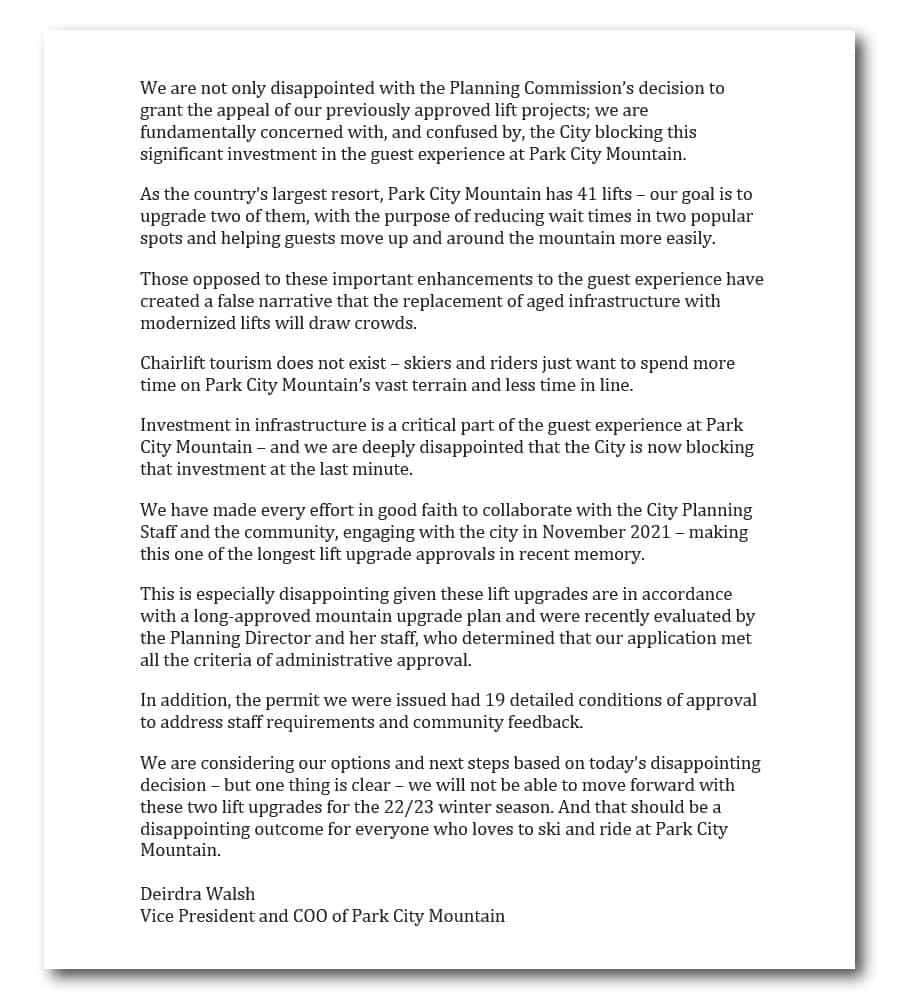

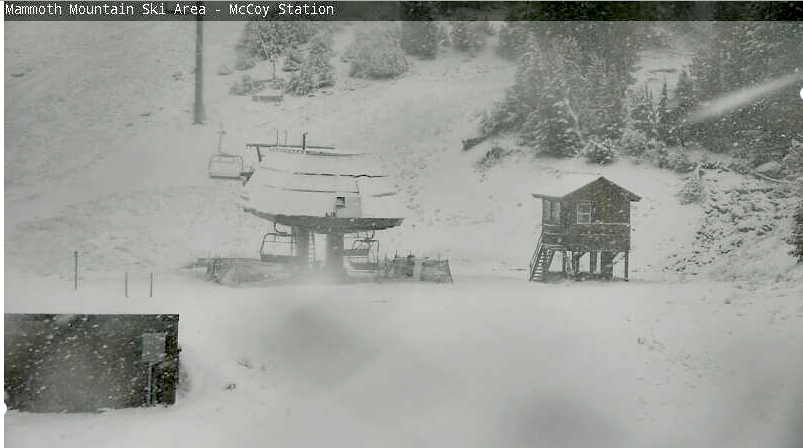
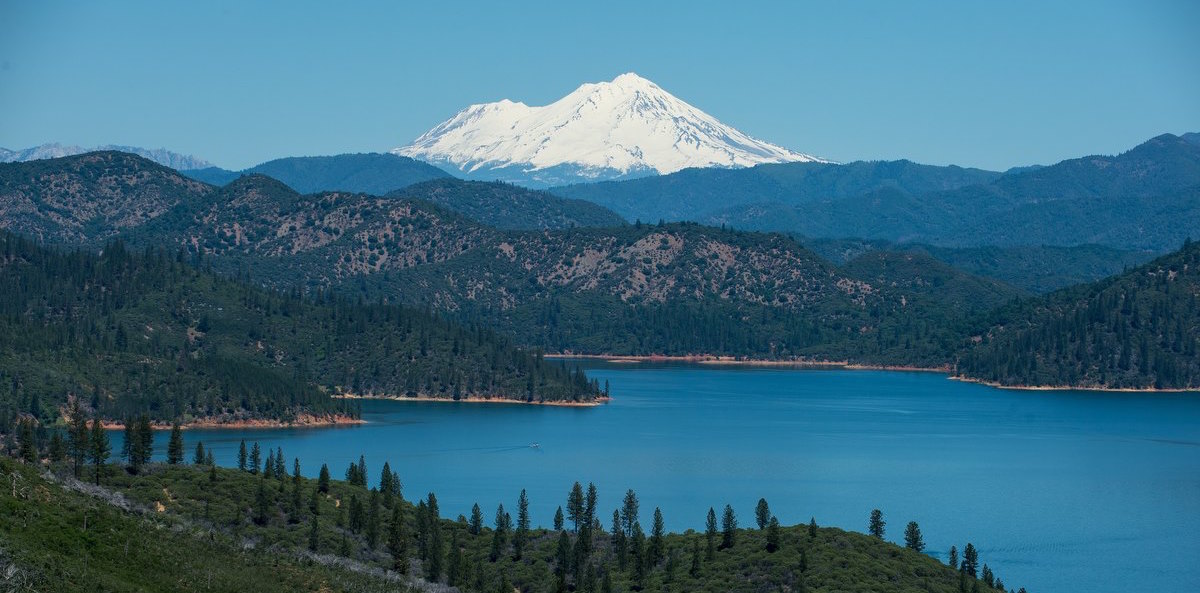
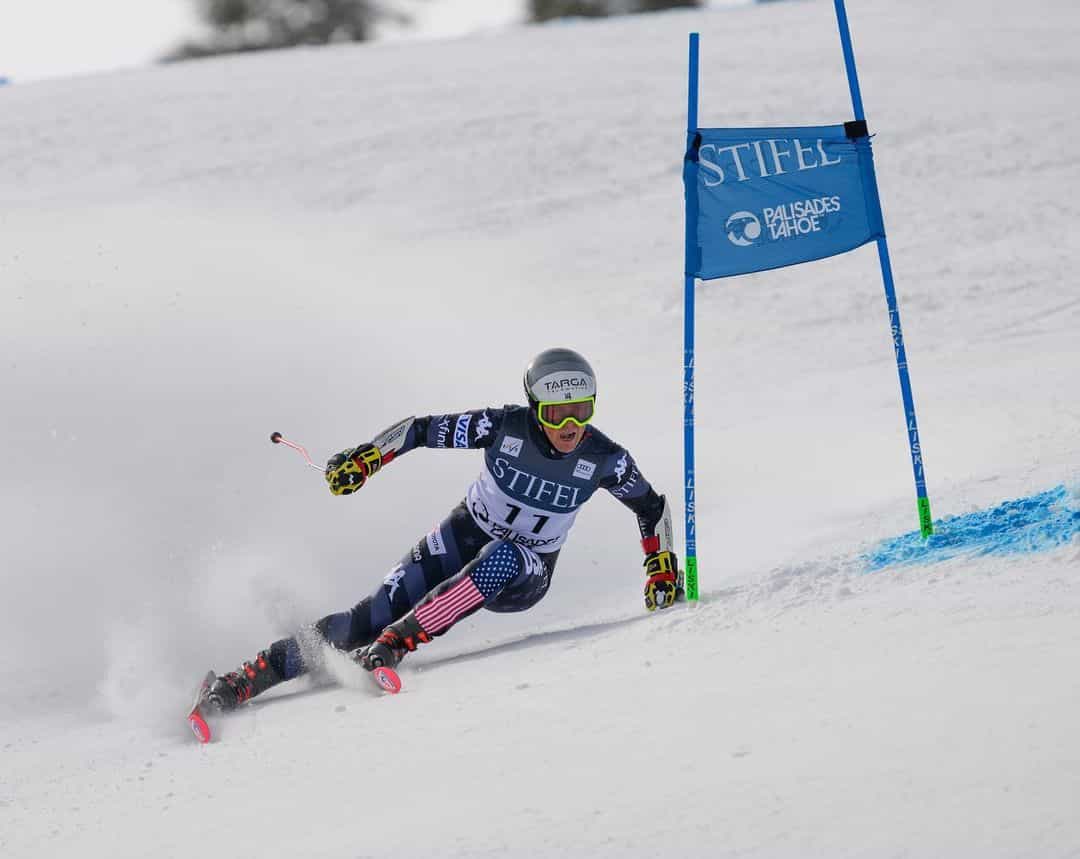

Vail treats us like children and lies whenever their mouths are moving. Then we call them on it, so they take their ball with them and go home. The latest development is they hire a hot-looking manager. Maybe that will work? Good thinking boys! A very on-style move.
The issue involved has little to do with lift capacity. Decades ago the city linked parking management with lift development. The link was the notion of carrying capacity. The heart of the controversy is PCMR failure to provide adequate free parking to accommodate the increased crowds.
Parking on the park city side of the resort will all become paid parking next season. PCMR has completely failed to solve the consequences of this decision. Many if not most people skiing on the park city side will try to park free by parking in neighborhoods, creating a nightmare. This will also impact neighborhoods not adjacent to the resort. Park city has a free bus system which works well. There are not enough free parking lots that can provide parking for people to ride the bus to PCMR. People will park in neighborhoods all over the town that have bus stops nearby, again creating a nightmare.
The solution is for PCMR to build satellite parking lots that are free and have the city bus system service those lots. This will solve the nightmare that has been created by Vail’s failure to creatively manage its business and the consequences of their Epic pass explosion.
Citizens and the planning commission are using the carrying capacity of lifts as a lever to force vail to solve this problem which has been created by vail management failures.
Increasing uphill capacity without increasing downhill capacity is a fool’s errand and violates transportation engineering. Failure to increase downhill will result in increased density and encourage more accidents